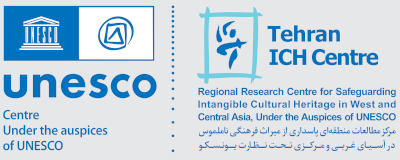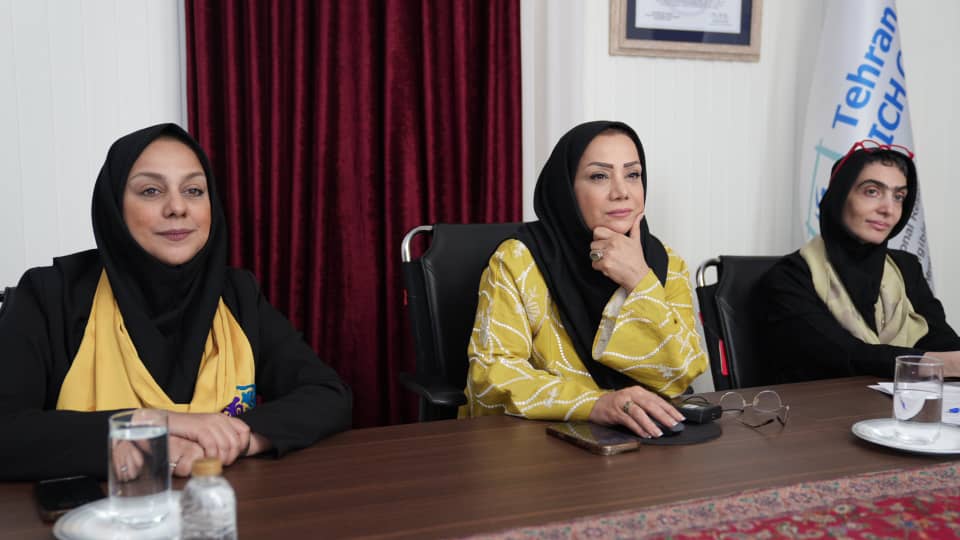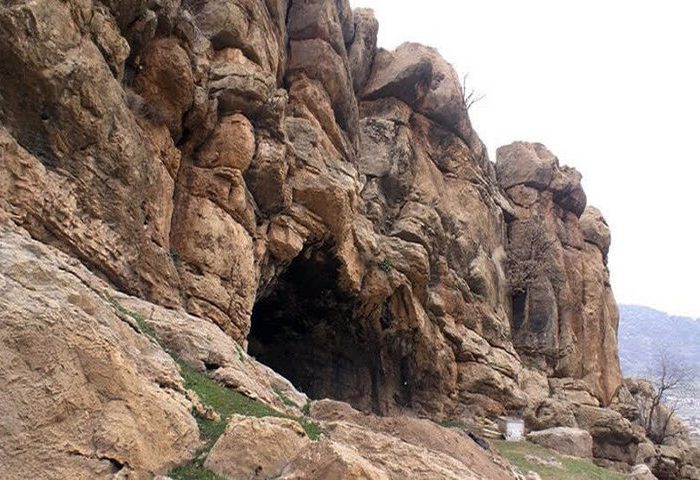Iftar (also called Eftari, İftar or Iftor in practicing countries) is observed by Muslims at sunset in the month of Ramadan (the ninth month in the lunar calendar), upon completion of all religious and ceremonial rites. Observed by people of all ages, genders and backgrounds, it marks the daily termination of the hardships of fasting from dawn to sunset. The evening prayer is followed by activities such as praying ceremonies, music, storytelling, games, preparing and serving traditional and local meals and marriage arrangements. For communities, it often takes the form of gatherings or meals, strengthening family and community ties and promoting charity, solidarity and social exchange. The ceremonies and rituals related to Iftar are also practised by people who do not necessarily fast during the month of Ramadan. The knowledge and skills are typically transmitted within families through oral instruction, observation and participation, and children and youth are often entrusted with preparing components of traditional meals. During this process, parents also transmit knowledge about the benefits of fasting and the social values and functions of Iftar. Iftar is often supported by governmental entities, NGOs and charities, as well as through television, radio, press and social media.










